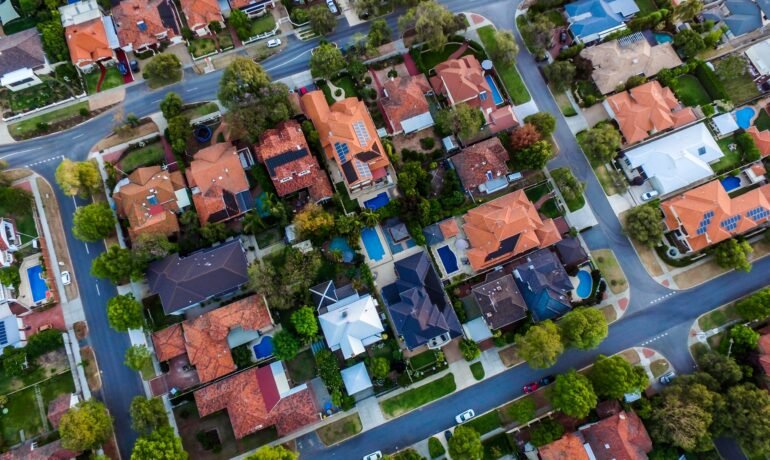We all heard that buying real estate is a good investment, however there is a big difference in purchasing your home and investing in real estate.
Real estate is property that consists in land and the buildings on it, as well as the natural resources of the land.
When we purchase real estate we are actually transfering the title of the land to our name, allowing us to have ownership and rights of use and enjoyment of that land and all its improvements.
Australia market data has shown that real estate is an asset that has been growing in value through time.
A concept important in investing is the allocation of money with the expectation of some benefit in the future, usually denominated ROI (Return On Investment).
Home owner vs Property investor
The main difference between an home owner and a property investor is their purchase intention, ultimately impacting their results.
A home owner is looking for a property that suits their personal needs and circumstaces: distance from work, relatives, friends, schools, facilities, the number of rooms that suit their family, the garage size for their vehicles etc.
A property investor is looking which property in which location is within their budget and can bring the maximum return in the shortest amount of time, mitigating the risks involved in that transaction.
A good investor does not depend on the market trend to create a profitable opportunity in their purchase.
While a home owners will most likely depend on the property market to get their return, the smart investors know exactly which investment strategies they should apply and predict their return in a certain amount of time.
3 - Basic Property Investment Strategies
There are many different strategies that you can use to increase the return in your investment.
1. Buy under market value
Put yourself ahead, straight from the start. This strategy requires a deep understanding of the market, and indentifying opportunities in the market that are under valued. Sometimes this opportunities come when a vendor is financially distress and has to sell; a property that has been in the market for very long time and has to be sold, not many buyers, or just a underquoted property.
Working with a local buyers advocate could help you find those opportunities.
2. Renovation
Are you looking for a ugly ducking that needs some love? How do you know if that particular property is a good investment?
When thinking in renovating for investment purposes look what is desirable in the area. Over capitalizing a renovation could possibly make you lose money on the sell of the property.
Considering all the costs involved with the purchase of the property and renovation is crucial to make a smart investment decision. Budget exactly how much do you have to spend (buyers agent fee, stamp duty, conveyancer, tradies, etc.) and allow for some surprises that might come along the way.
When selling, how much do you think it would sell for? Talk with local real estate agents to get their opinion, do a comparable sales of houses that have been renovated and sold in the area in the last 6 months. Also consider the costs of selling (stamp duty, conveyancer, agent’s comission, marketing).
3. Subdivision
Subdiving an existent land is a really good way to create some equity.
A plan of subdivision allows an applicant to divide land into two or more new parcels of land that can be disposed of separately. The only new parcels that can be created by a plan of subdivision are lots, roads, reserves or common property.
Subdiving your backyard is a very common strategy and a lot of times profitable. A good way to start your development journey!
Consider all the costs involved in subdividing a land and see if it’s feasible.
This strategy can take 12-18 months to execute, as there a lot of parties involved in that process (local council, draftsman, town planner and surveyor.) Working with someone that knows the council requirements could speed up the process and save you time and money.
Can I buy a home and still be an investor?
Yes, you can.
A lot of home buyers go into the market with an investment mindset, looking at how they can add value in their home.
It’s all about having the right numbers and predicting costs and challenges of the purchase and maintenance of your home.
Buying a property with the potential of applying one of the strategies above can put you ahead of the game.
However, is very important the area and the market where you apply these strategies, even if you can renovate or subdivide a property doesn’t mean that is a good investment. It is crucial to understand the market value of a suburb, upcoming developments, desirability and what should be the entry price to financially make sense.
If in doubt, consult with a local professional buyers agent to help you understand the local market and make the right decision in your property purchase.
Related Posts
- 2019 Melbourne Property Market Review: What to expect in 2020
The year of 2019 was an unexpectedly solid year for the pessimists on the Australian…
- Fewer Houses on the Market. Mornington Peninsula
This year started with great optimism in the Melbourne property market. However, COVID-19 is shaking…
- Should you still buy property during a pandemic?
2020 promised to be a bright year for the Australian property market. There were strong…



